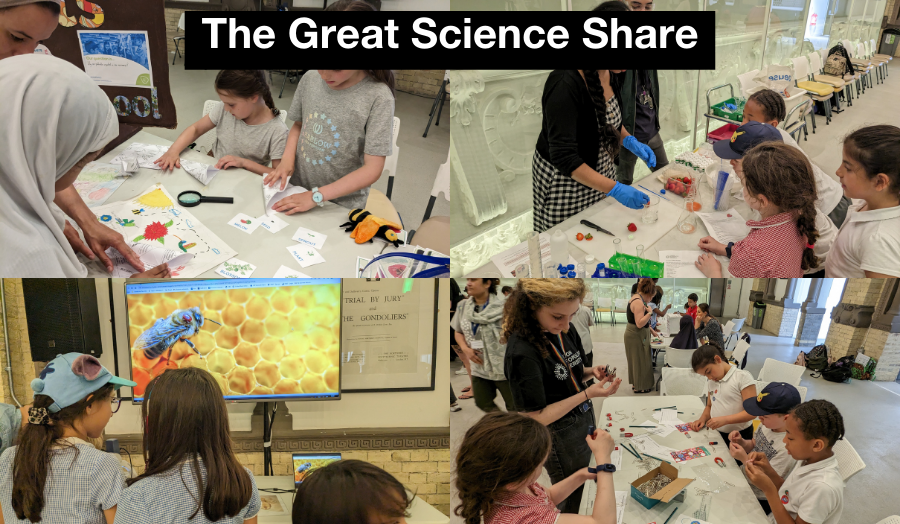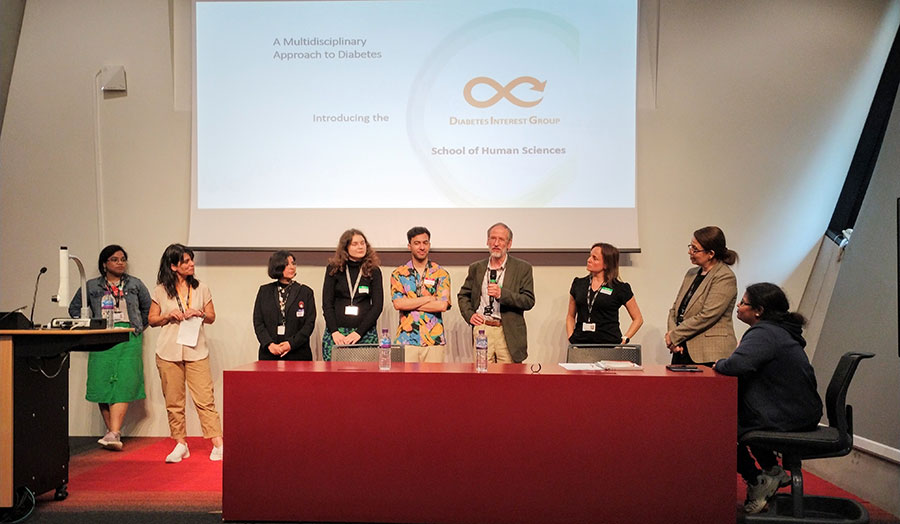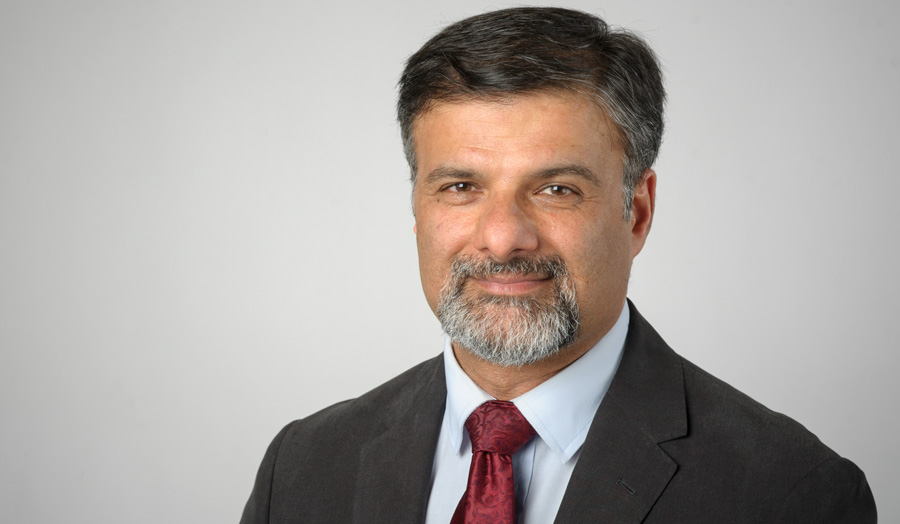Offering a wide range of courses in subjects including biosciences, chemical and pharmaceutical sciences, health sciences and nursing.
Our School of Human Sciences offers a wide range of courses in subjects including biosciences, chemical and pharmaceutical sciences, health sciences (including sports sciences, sports therapy, physiotherapy, dietetics and nutrition) and nursing, which is brand new for 2023. Students in the School have access to an impressive range of specialist facilities as well as support from experienced, highly qualified and enthusiastic academics. Graduates of our human sciences degrees have gone on to work for companies such as the NHS, the Nutrition Society, Arsenal and Chelsea Football Clubs, and GlaxoSmithKline, working as consultant nutritionists, sports therapists, lab researchers, food technologists, microbiology technicians, biotechnologists and more.
Benefit from cutting-edge facilities
One of the School of Human Sciences’ greatest assets is our £30 million Science Centre, which features a superlab with more than 280 workstations and is one of the largest and most advanced science teaching facilities in Europe. It also houses specialist laboratories for tissue culture research and microbiology, a nuclear magnetic resonance room as well as nutritional physiology and food technology labs. Students studying sport-related subjects can benefit from London Met’s sports therapy clinic and fitness assessment centre, both of which are found within this impressive £30 million facility.
Gain accreditation
Many of our human sciences courses are accredited by professional bodies. These include the Association for Nutrition (AfN), the British Dietetic Association, the Institute of Biomedical Science (IBMS), the Institute of Food Science and Technology (IFST), and the Royal Society of Chemistry.
Join an active research community
The School of Human Sciences is home to a vibrant research community, which investigates and addresses important scientific challenges. The School has also established a number of research centres and groups, including the Lipidomics and Nutrition Research Centre, the Molecular Systems for Health Research Group, and the Public Health Nutrition and Food Microbiology Research Group.

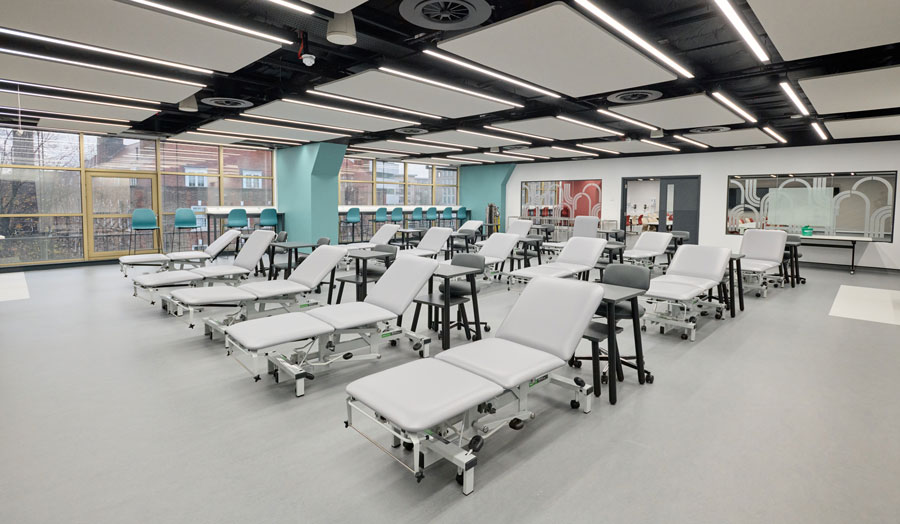
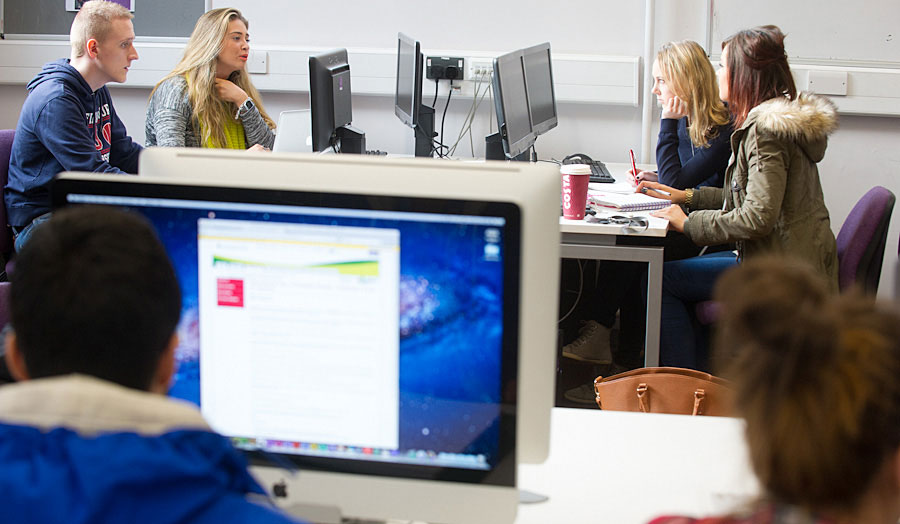
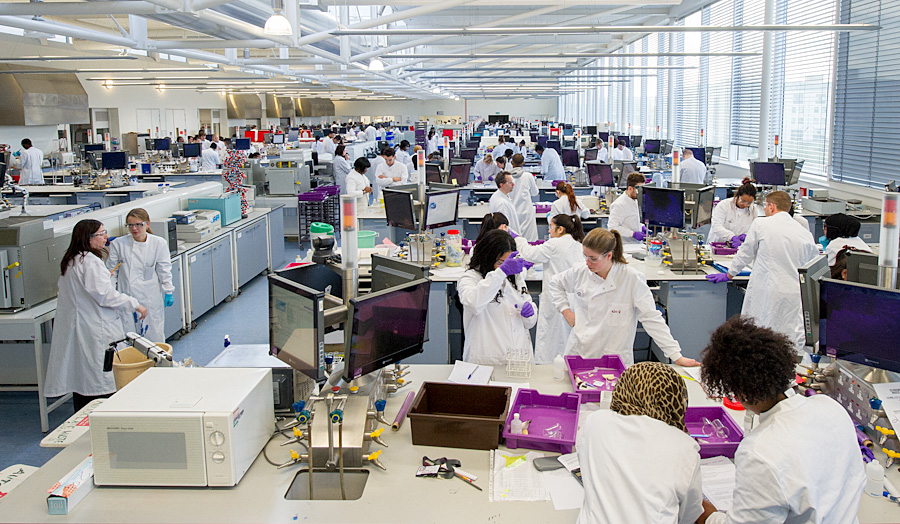
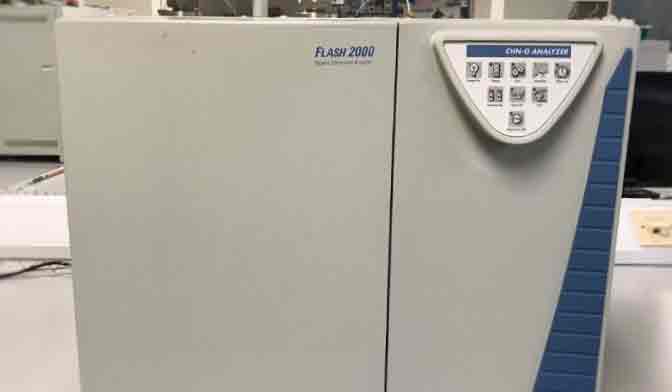
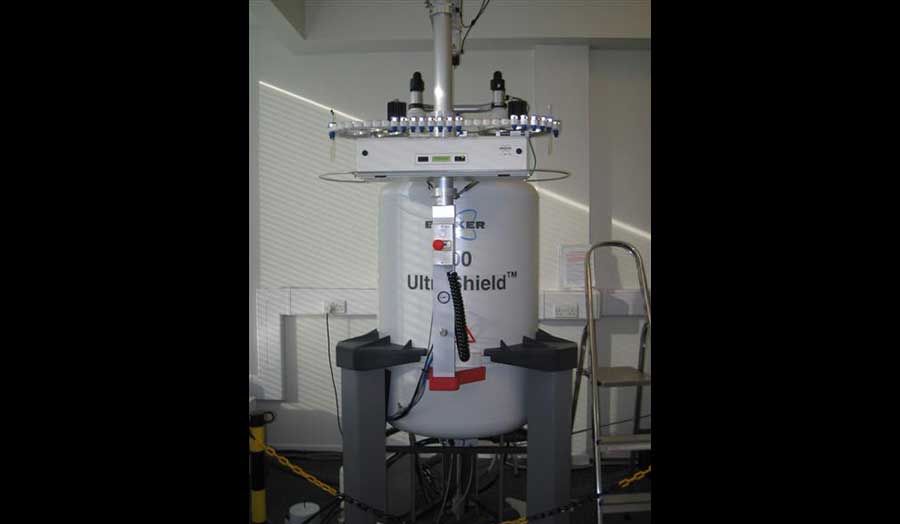
.png)





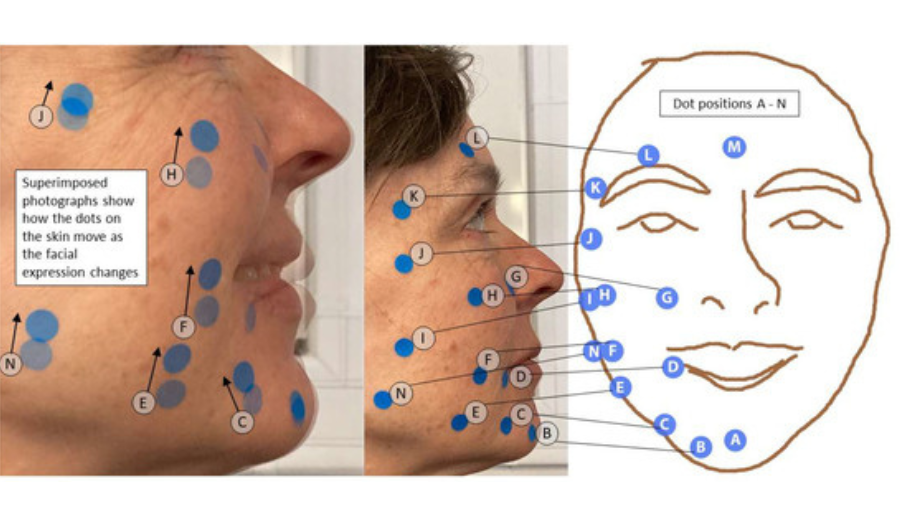


.png)

